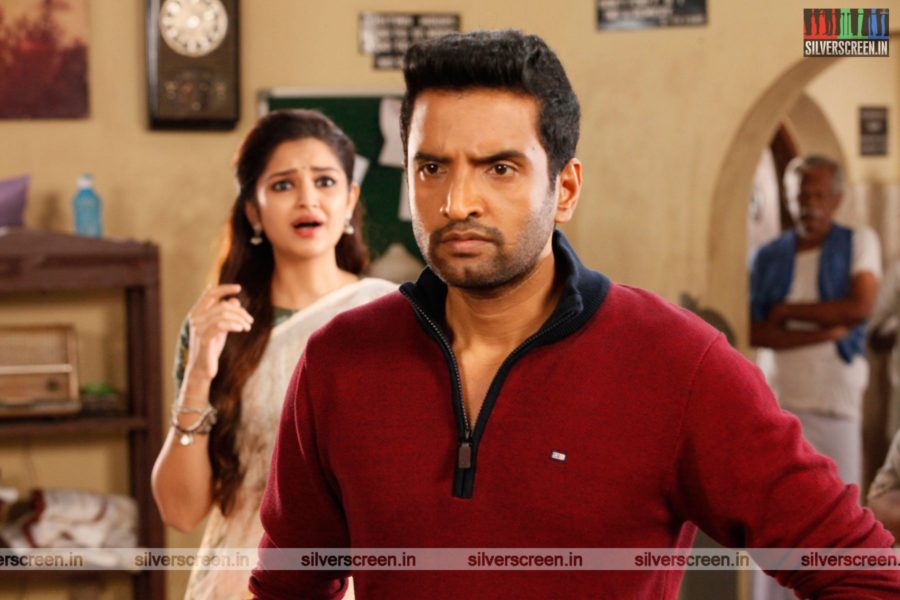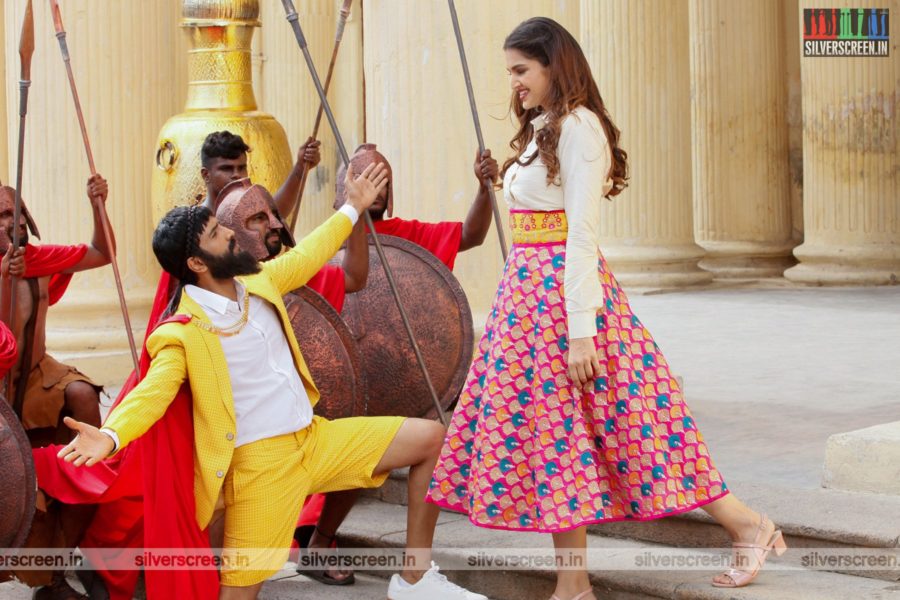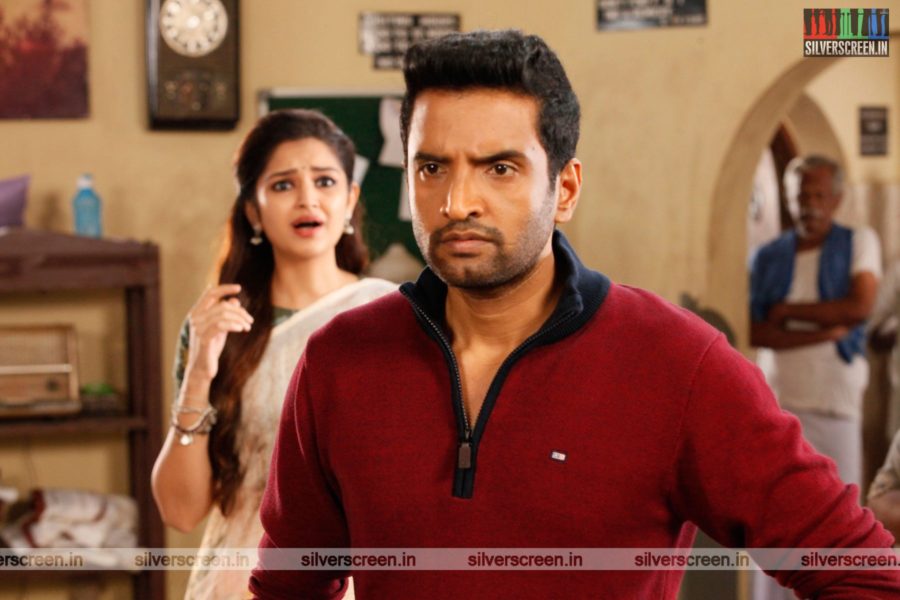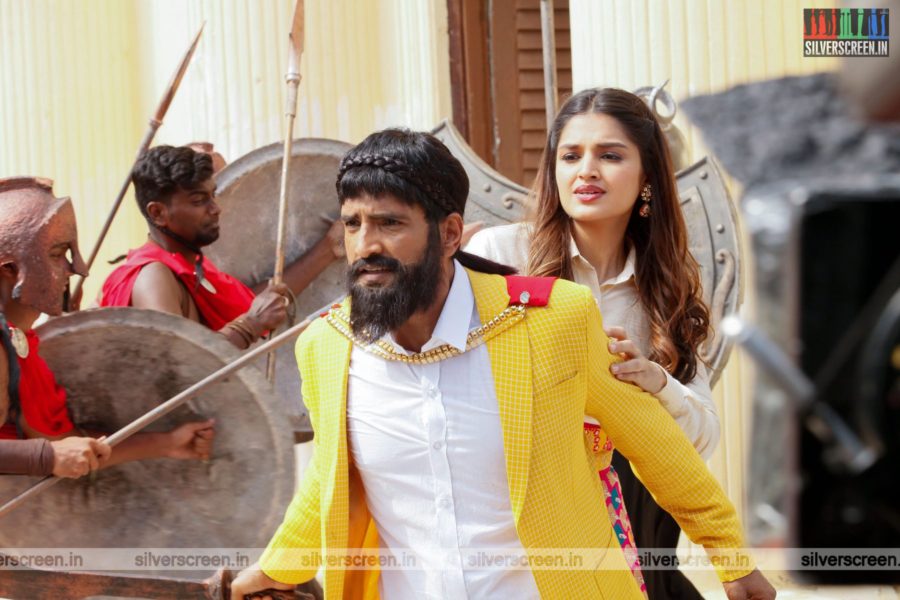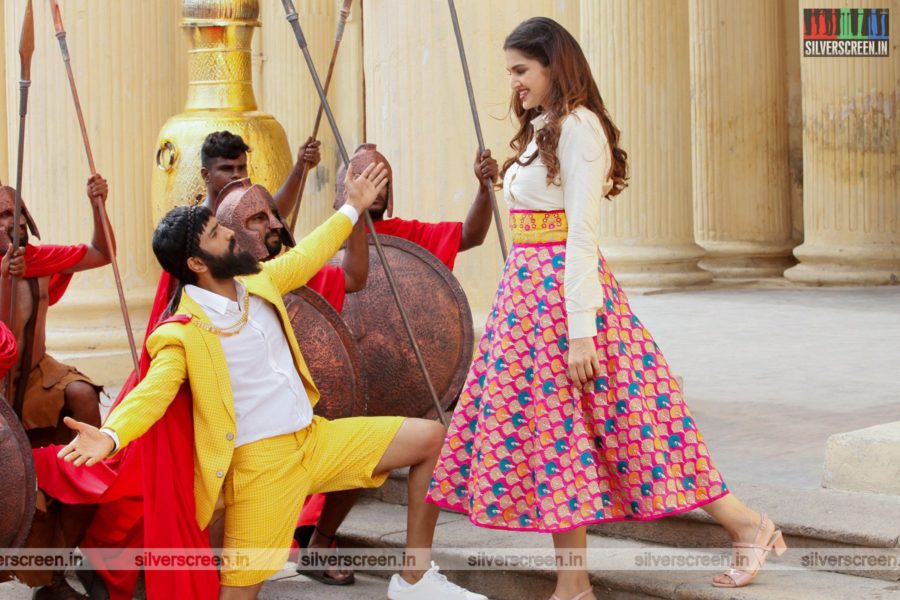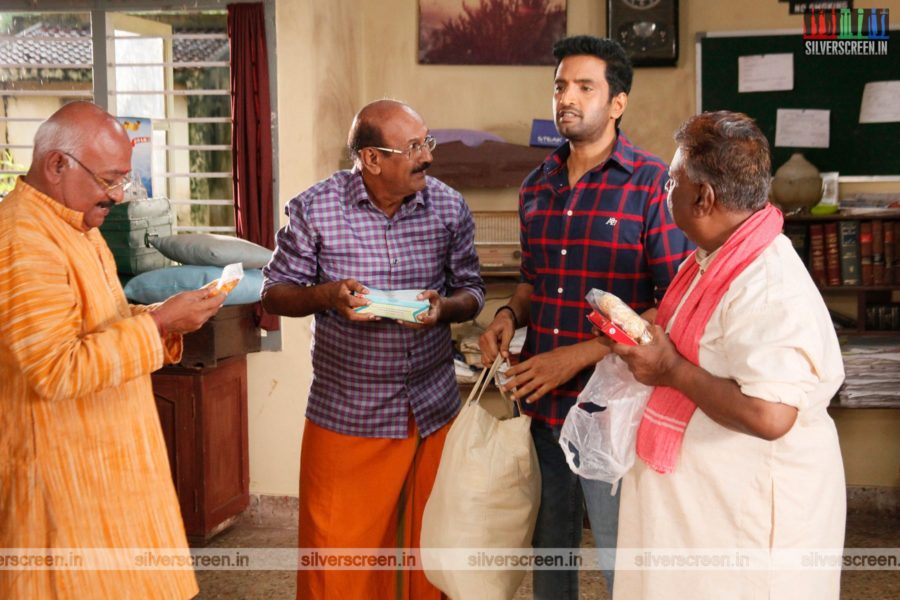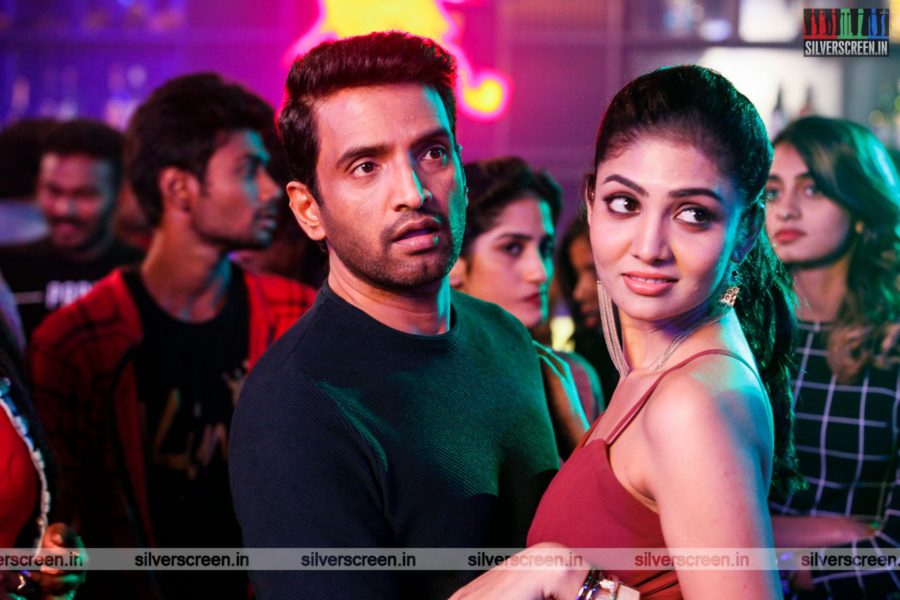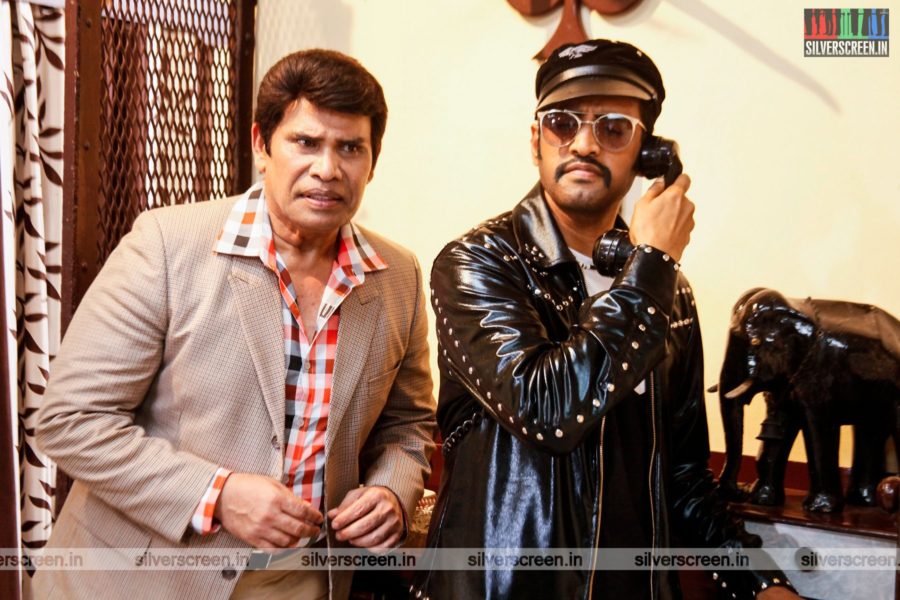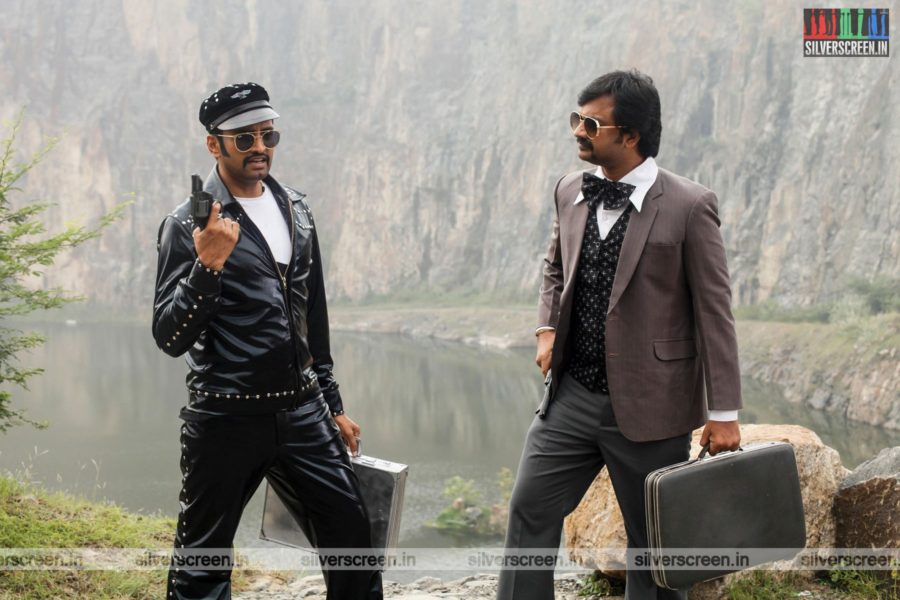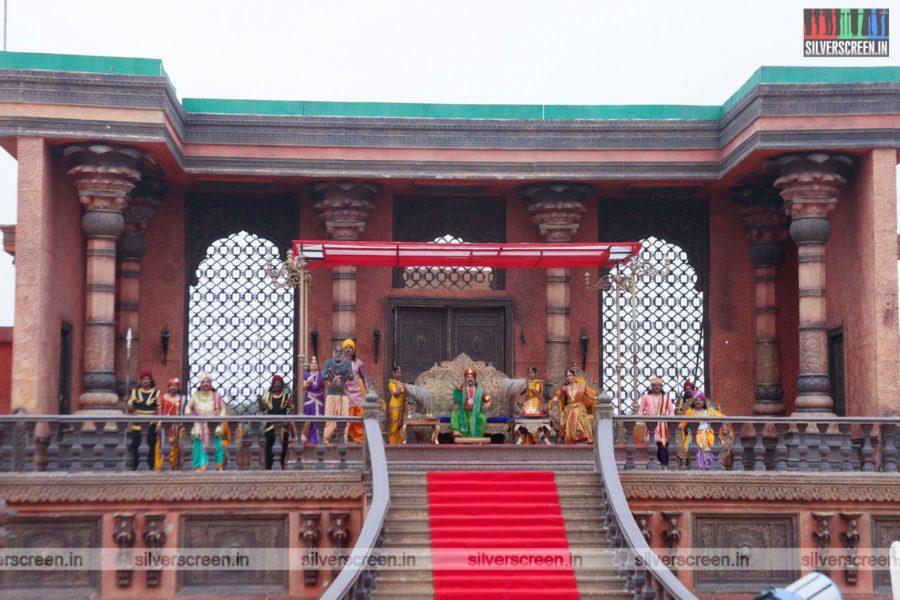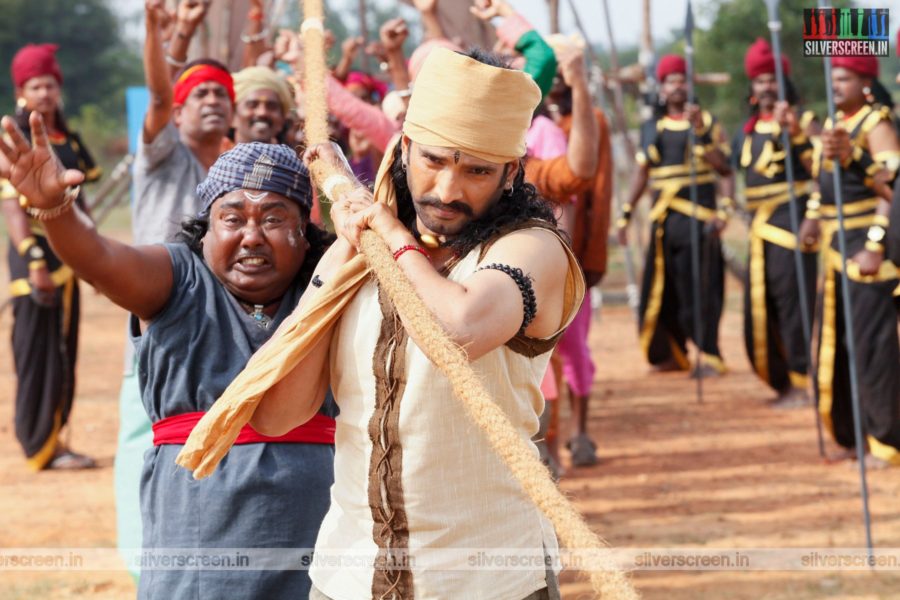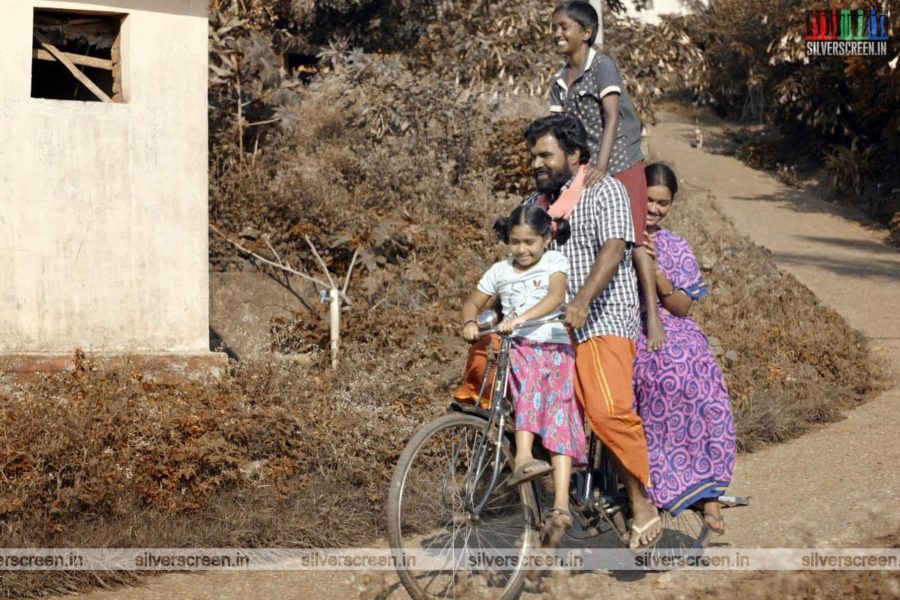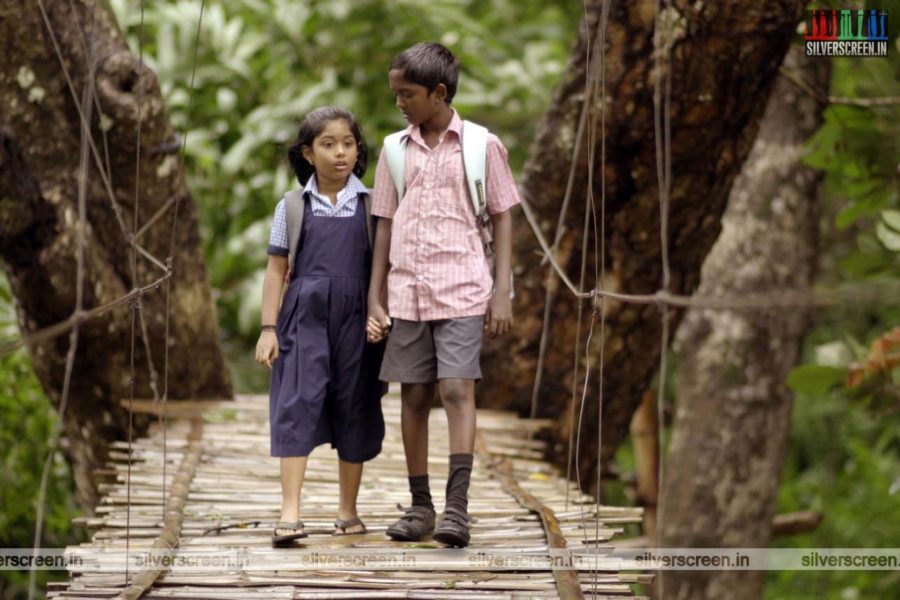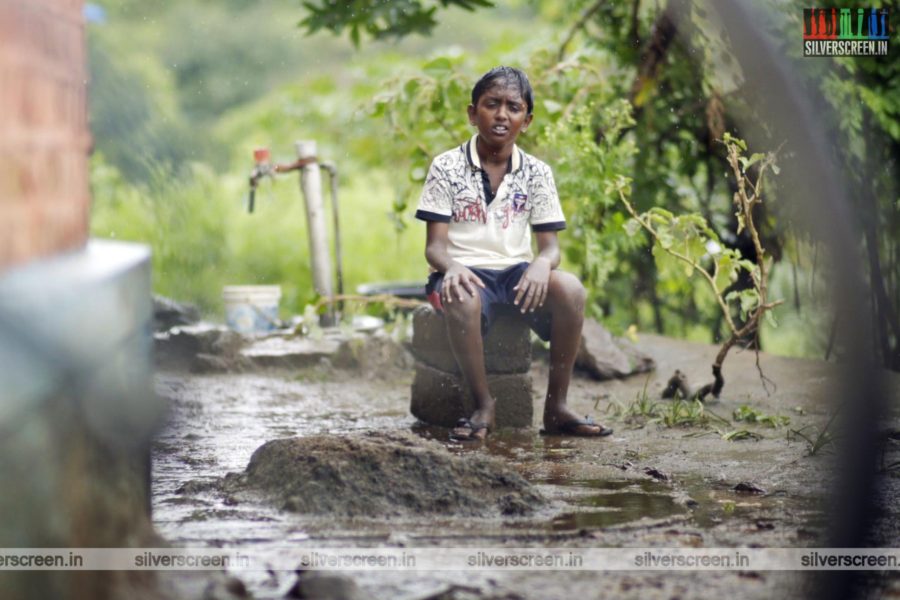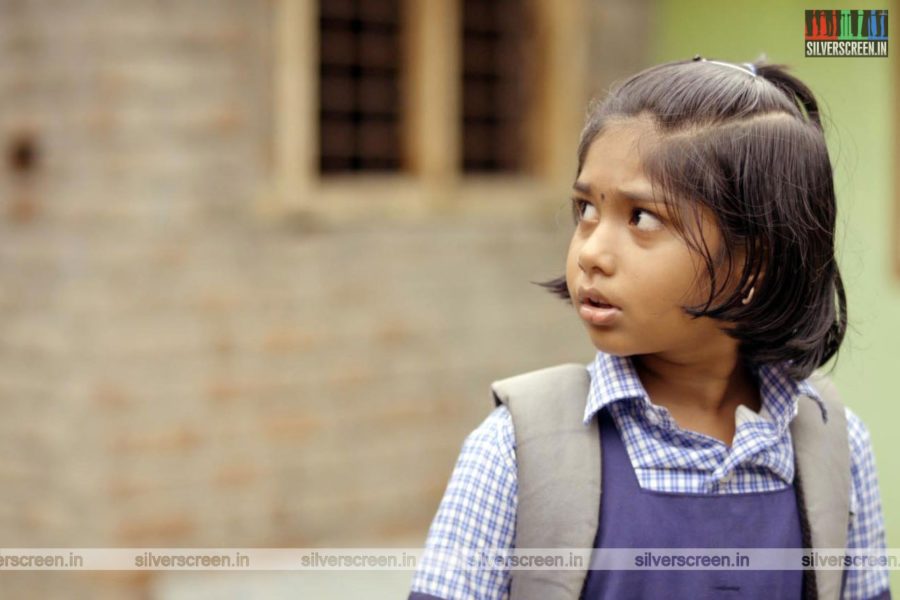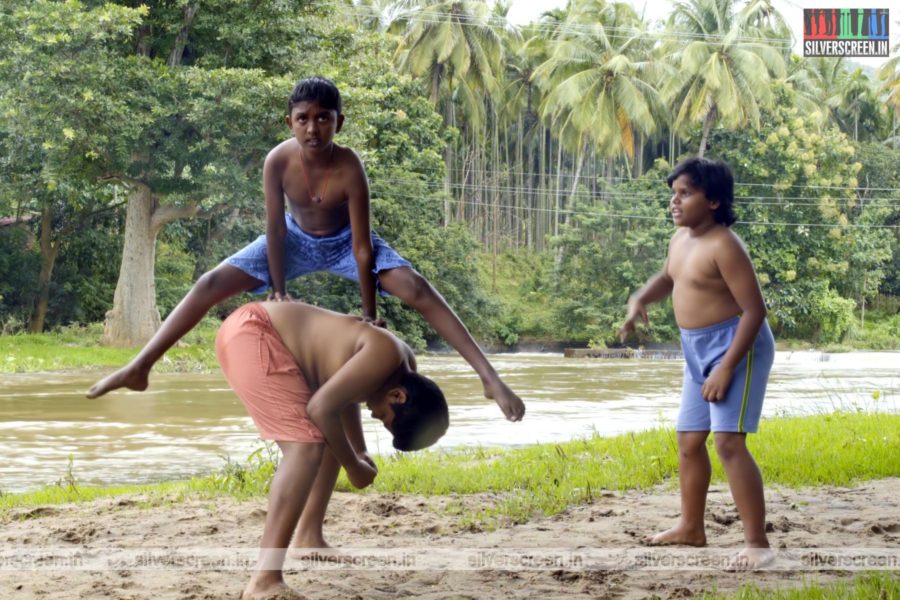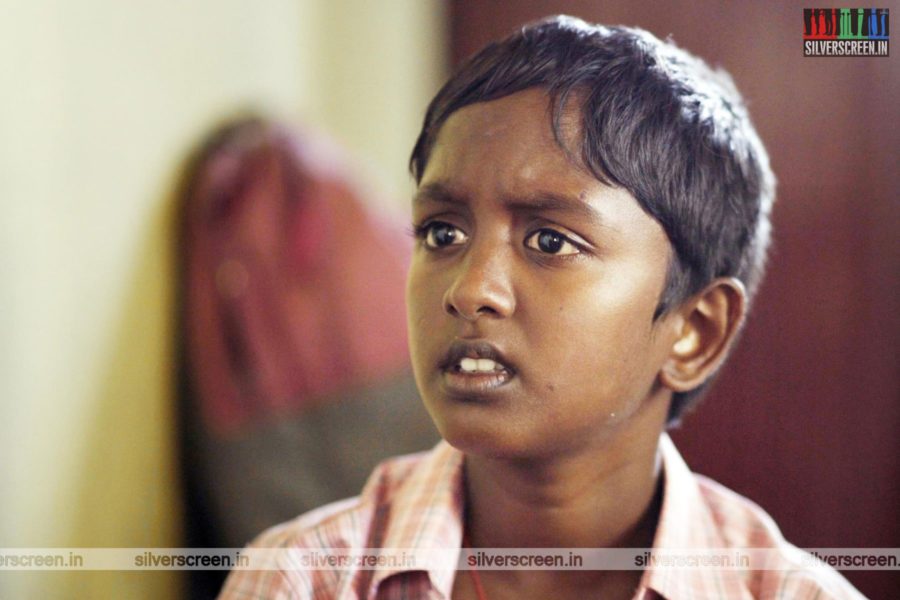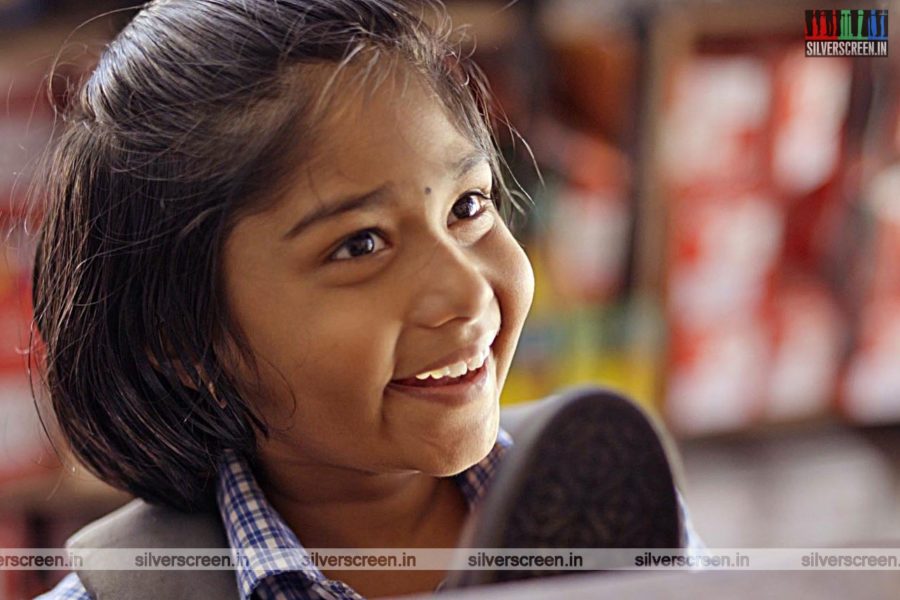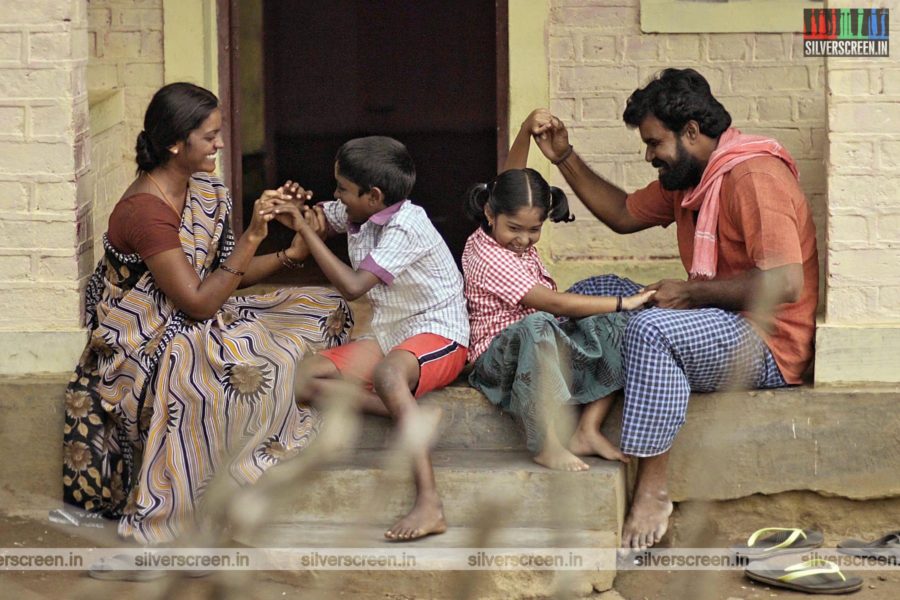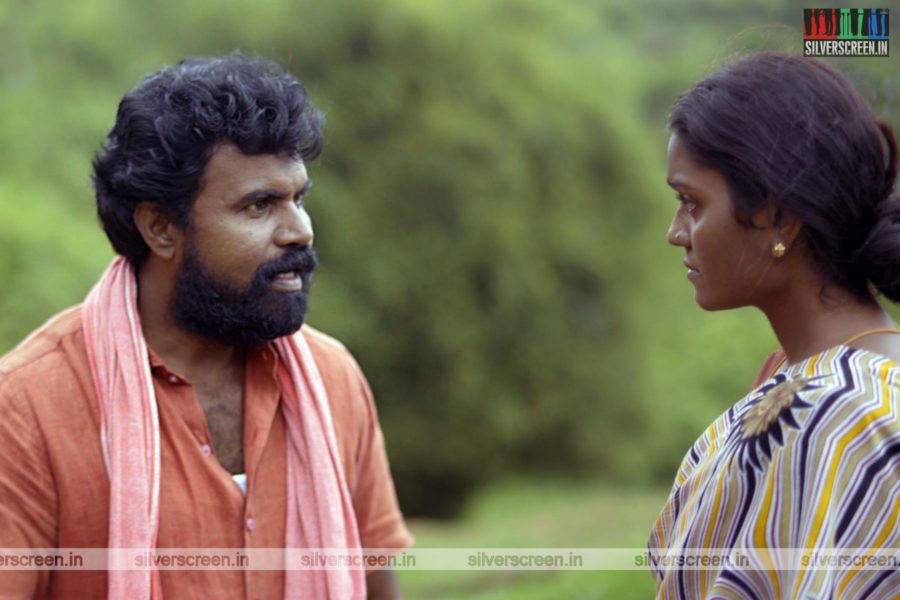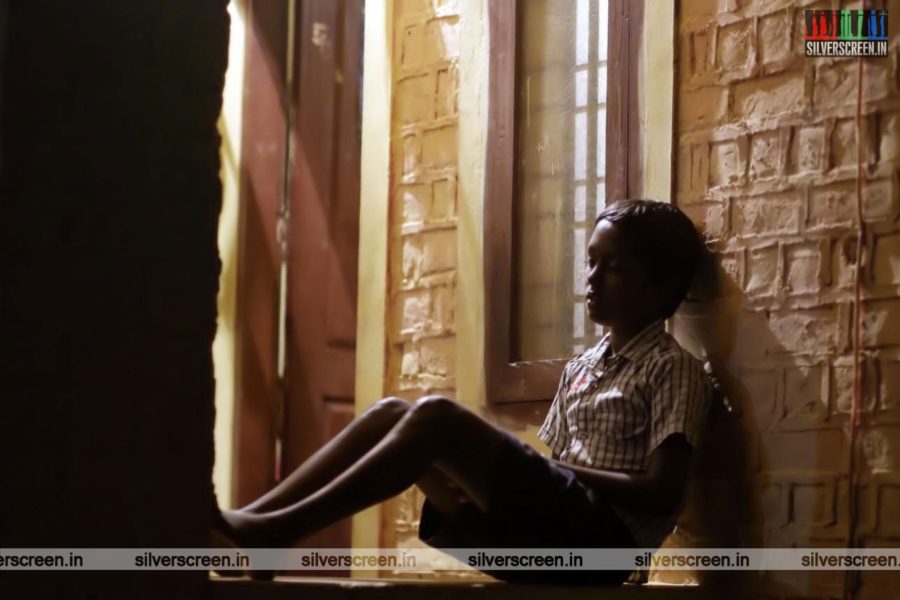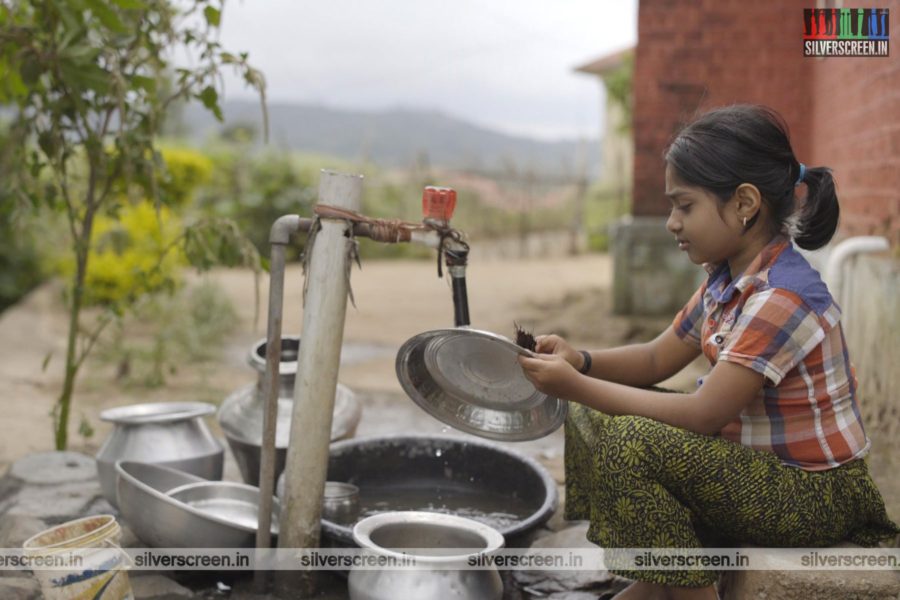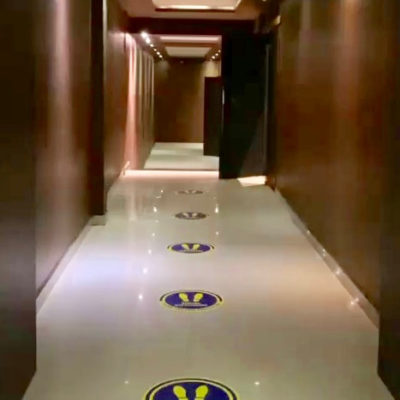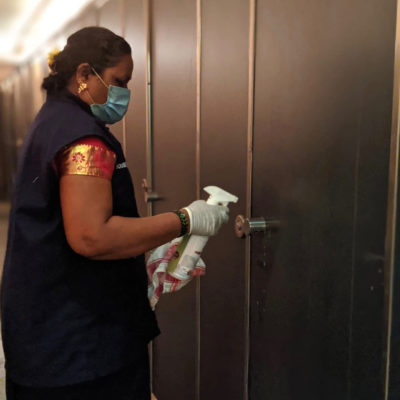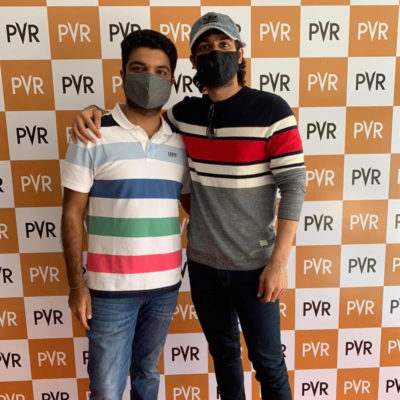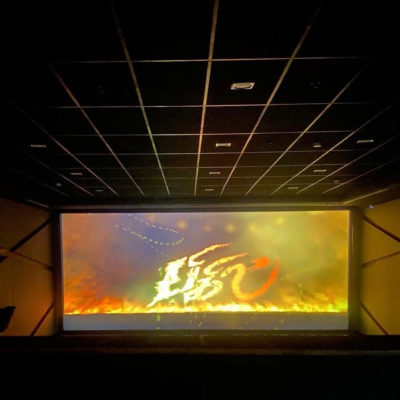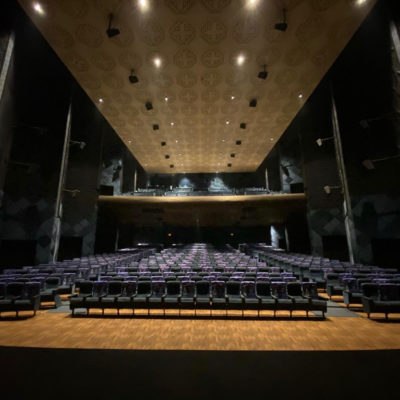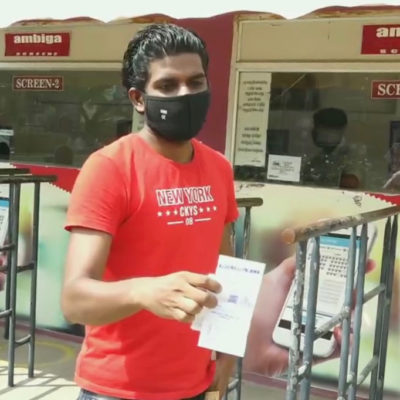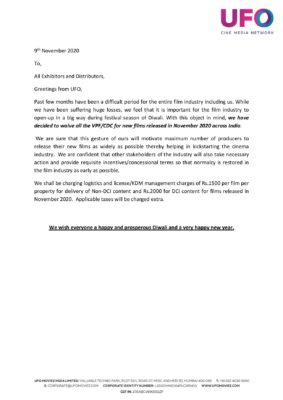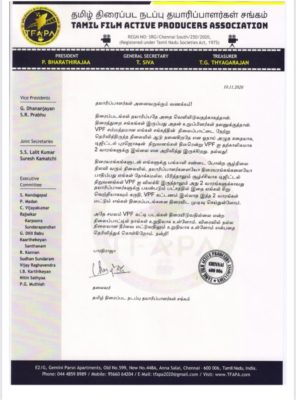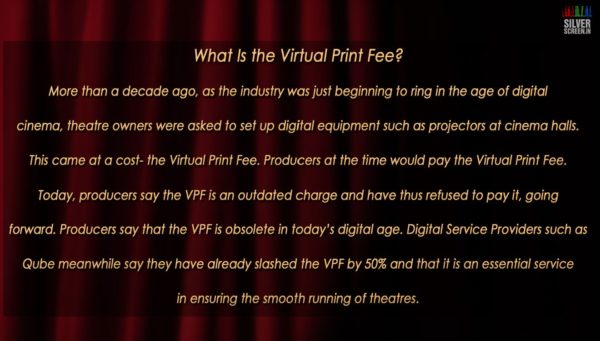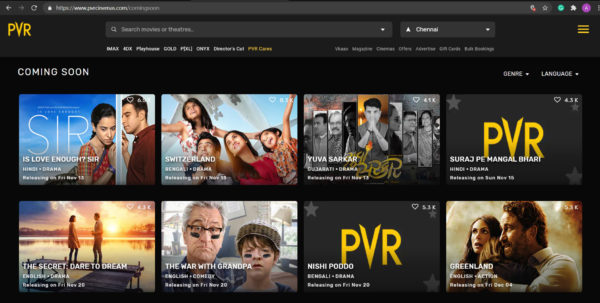Everything in Sudha Kongara‘s Soorarai Pottru is kinetic. The pace beats the escape velocity, and the emotions are injected with adrenaline every second. There isn’t a moment to ponder the weight of a scene or, in some instances, a frame – the film packs a punch in terms of effect and boils over with details and commentary. There is no sloganeering, it is pure filmmaking that brings to life, in dramatic and cinematic fashion, a visionary’s dream and in the process, delivers entertaining docufiction.
Nedumaaran Rajangam aka Maara (Suriya) comes fully formed, his beliefs and core values already coursing through his veins. He thinks on his feet and his mind can run so fast that his legs refuse to keep up. His father was a teacher in a village near Sholavandan who writes petitions to the government to have the train stop at the station or for a government hospital to open nearby. The film briefly harks back to 1977 when we see a man whose values Maara will inherit but with the restless energy of a post-Emergency kid who is equally angry with casteism, government negligence and bureaucratic mobius strip in the country. When he’s pitching his airline, his analogy is that of cutting out the middleman between the farmer and the consumer, the entity responsible for perennial plight of those at the bottom of the food chain, in all its pernicious irony. His idea finds no respect in business class, it does rather at a Data Udipi hotel.
Soorarai Pottru is loosely based on the book Simply Fly by GR Gopinath, the man behind Air Deccan, and combines several stories of aviation that come together to form a socio-political film. The script (written by Sudha and Shalini Ushadevi with additional screenplay by Aalif Surti and Ganeshaa) is cyclical, earlier events come a full circle and personal relationship moments between Maara and Bommi (Aparna Balamurali) form a neat symmetry with events relating to his venture. A funeral dance leads to the birth of companionship. A near death experience ends with life anew. Maara’s munificence at an airport check-in counter becomes a heart-warming bit after learning about his hapless status at the same place years ago. The film reveals its politics from the outset. An upper caste man wonders if he’s in an unreserved compartment when he sees Bommi and her family, and people from Maara’s village sitting around him. He says it’s an express train and it won’t stop in Sholavandan. This is an event that gives wings to Maara’s dream of his people being able to fly in an airplane one day, levelling the playing field. A story of this sort also requires the antagonist figure, Paresh Goswami (Paresh Rawal) here, openly casteist, his anxiety attacks announcing that in public he wants to clamp down on Maara but his insides always quaking. One of Maara’s air force friends who is also a partner in their venture is Chaitanya and his name is shortened to Che.
For Sudha Kongara, Maara and his vision comes first and foremost. She films his parts in the village with shallow focus, the low depth of field highlighting him as he dances with his friends and relatives, who’ll come to the foreground later to help his venture, a sequence that hits all the emotional beats. In Chennai, he predictably lives in a home overlooking the airport runway, his private conversations with struggle backgrounded by blurry images of flights landing. The self-respect marriage between Maara and Bommi in front of a banner of Periyar is not offhand. Their ego and firebrand nature strikes off each other like lightning, their electric relationship gradually growing into love and respect for each other. The scene where Maara requests a loan from Bommi is beautiful, Suriya with his all-pervasive pride emasculated and Bommi cloaking her disappointment in righteous anger. There is a cheeky ode to Mani Ratnam’s Alaipayuthey where Sebastian (Vivek Prasanna) helps a bunch of young IT folks in his house with unpainted red bricks. Kongara asssisted Mani Ratnam, and even her way of filming song sequences and nudging the script along in the process is very Ratnamesque.
To complement the rags to respect tale, the film is hardly Panglossian. Maara is repeatedly thwarted, another one for the history books to record that just how much the oppressed class must overcome, not for riches, but for a modicum of dignity and consideration. The dialog by Vijay Kumar carry a colloquial panache and delivered with infectious flamboyance by Suriya – his English and ambuttudhan garnering the same deference – in a performance rivalling his career best in Pithamagan. It’s a character study of a man burning with ambition and vehemence in equal measure, with this share of weaknesses and contradictions, and the rest of the cast like Aparna Balamurali, Kaali Venkat and Urvashi making for a potent ensemble. In a scene dialled high up, Maara throws a hard object at Paresh who is behind glass. He fails but it makes for a great visual of Maara’s attempt to break civil aviation’s glass ceiling. As a character comments in the end, the glitch is in the software – systemic issues like caste in the country – and not about faith, ambition or talent.
*****
The Soorarai Potru review is a Silverscreen original article. It was not paid for or commissioned by anyone associated with the film. Silverscreenindia.com and its writers do not have any commercial relationship with movies that are reviewed on the site.

